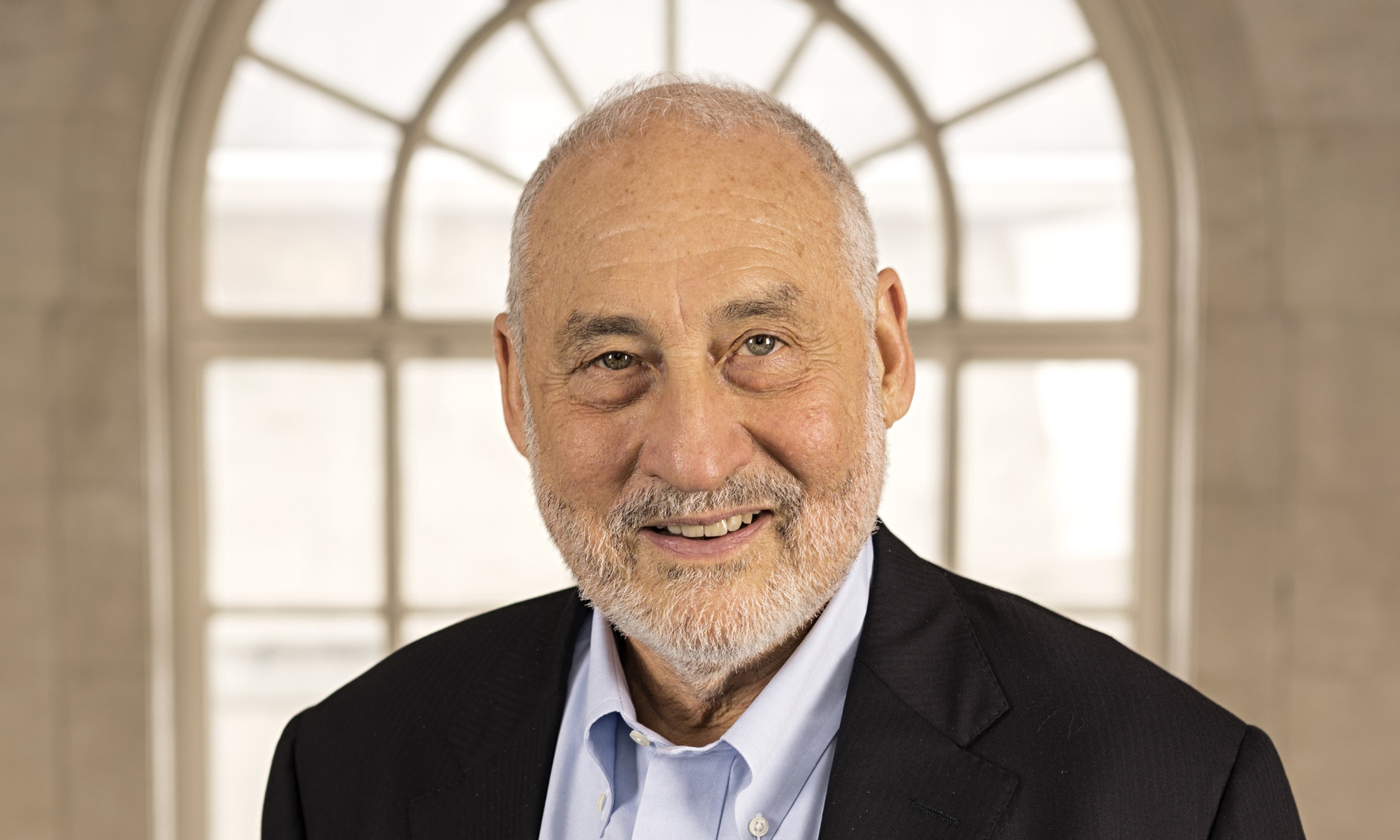Pacific Standard magazine tracked down the origin of the “trickle down economics” concept popularised by Ronald Reagan in the 1980s and curiously (consistency principle?) still supported by many.
Apparently, the phrase was actually coined by American humorist Will Rogers, who (80 years ago now) mocked President Herbert Hoover’s Depression-era recovery efforts, saying that “money was all appropriated for the top in the hopes it would trickle down to the needy.”
A new report from the International Monetary Fund has declared the idea of “trickle-down” economics to be as much a joke as Rogers imagined.
“Income distribution matters for growth,” the economist authors of the IMF report write. “Specifically, if the income share of the top 20 percent increases, then GDP growth actually declined over the medium term, suggesting that the benefits do not trickle down.”
The study results suggest that raising incomes for the poor and middle class yields measurable improvements to the national economy.
So why aren’t (more) countries taking this approach? Sounds to me like typical political short-sightedness. It’s clear that in the long run, everybody is better off (and that includes the wealthy), while with “trickle down” nonsense the longer term outlook for the wealthy is not that good. Unsurprising, really. The heirs of the wealthy might want to consider this, as it’s their future.
(original article at http://www.psmag.com/business-economics/trickle-down-economics-is-indeed-a-joke)

